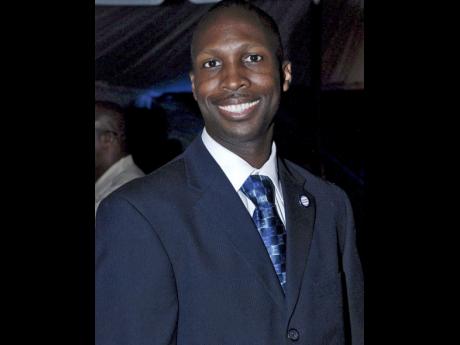Gardner sheds light on ALS monster
Last summer, Jamaica's most prolific striker, Luton Shelton, was diagnosed with Amyotrophic Lateral Sclerosis (ALS), also known as Lou Gehrig's disease.
Neil Gardner, a chiropractic neurologist, has sought to shed some light on the condition and the changes Shelton's body is going through.
He told The Gleaner that the disease essentially kills the neurons, which control voluntary muscles and eventually render the muscles they are connected to useless.
He said that Lou Gehrig's disease will attack the victim's muscles, which enable him to breathe, and when these muscles cease to work, it will eventually lead to death.
"ALS belongs to a group of conditions that affect the nerves cell that are responsible for sending signals from the brain to the muscles. They are called motor-nerves.
"The motor-nerves are the target of ALS. The problem is that muscles require the nerves to continue to feed them with information, otherwise the muscles will die. So what happens with ALS is that the motor-nerves end up breaking down over time and progressively get worse, and as a result of that, the muscles they supply begin to die over time," Gardner said.
"The way it leads to death is that your breathing muscles are also controlled by the motor-nerves. And when your breathing muscles are affected and end up going, then it becomes difficult to breathe and you eventually die."
It is reported that Shelton began experiencing symptoms after playing a Red Stripe Premier League game for his club, Harbour View FC, against Tivoli Gardens, but Gardner was quick to point out that there is no known correlation between sports and ALS.
"There is no known correlation to ALS and any physical activity. Because you don't see one, that doesn't mean there isn't one," Gardner explained. "But no one has been able to find any relation with ALS and any physical activity."
He continued: "It is a disease that medical science has no answers for, and so there is no cure or no treatment that will slow it down."
He said that the life expectancy from when the symptoms start showing is three to five years.
Shelton is Jamaica's most prolific striker, having scored 35 times for the country at the senior international level.




